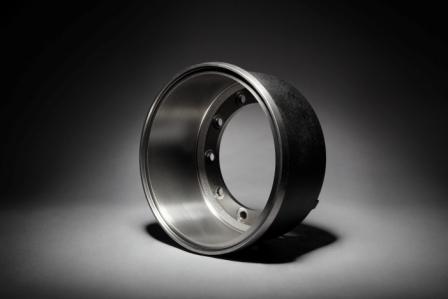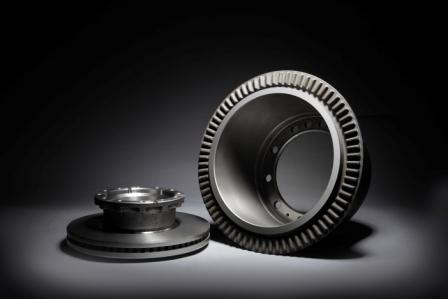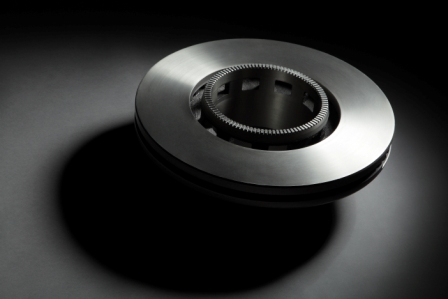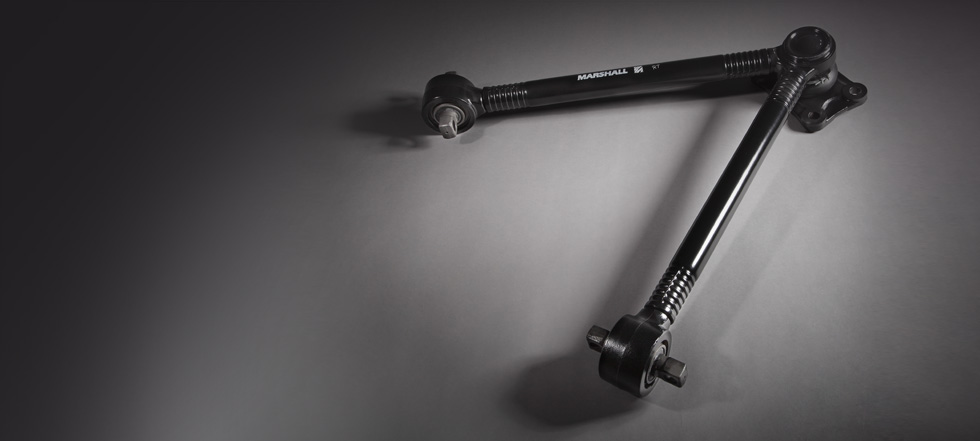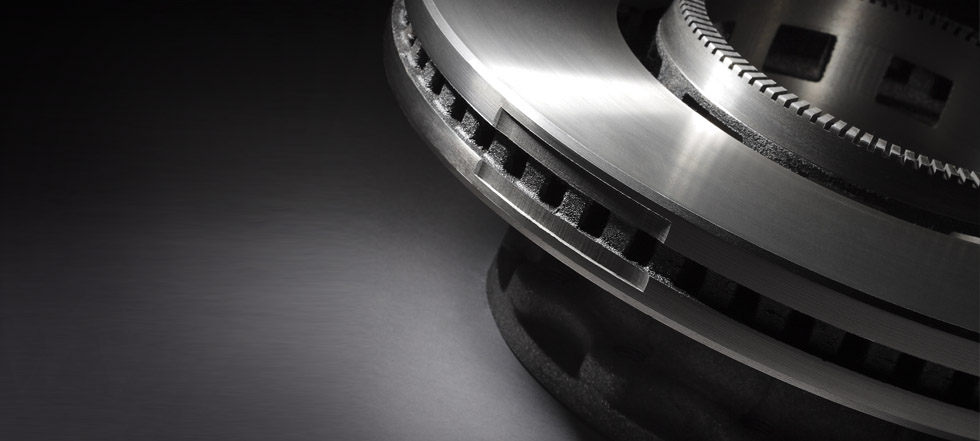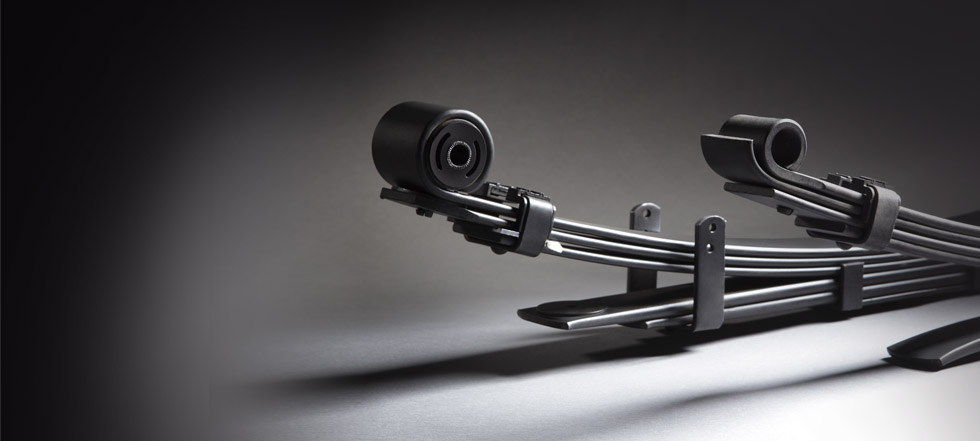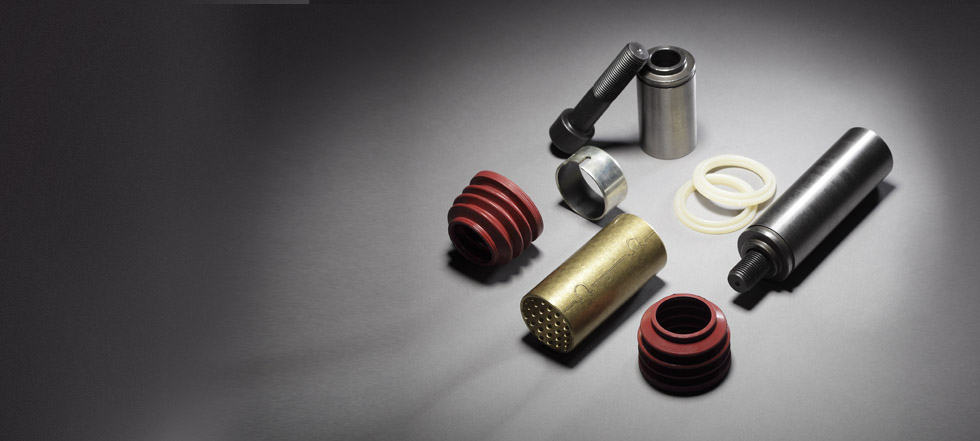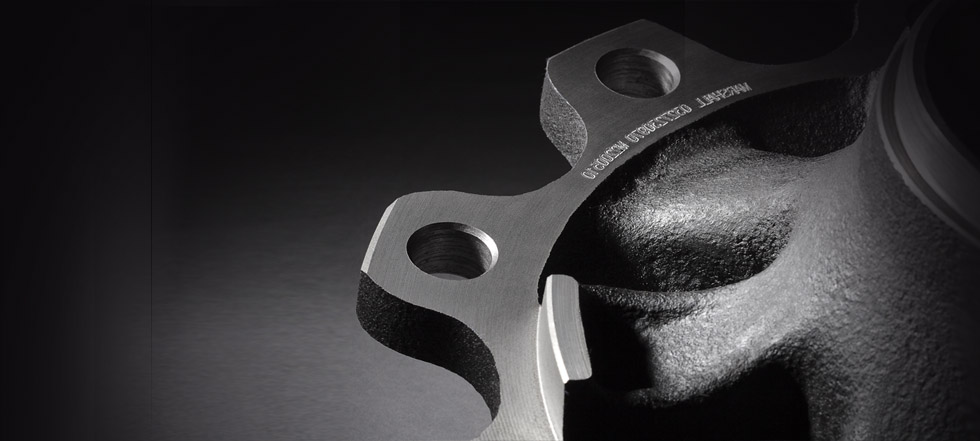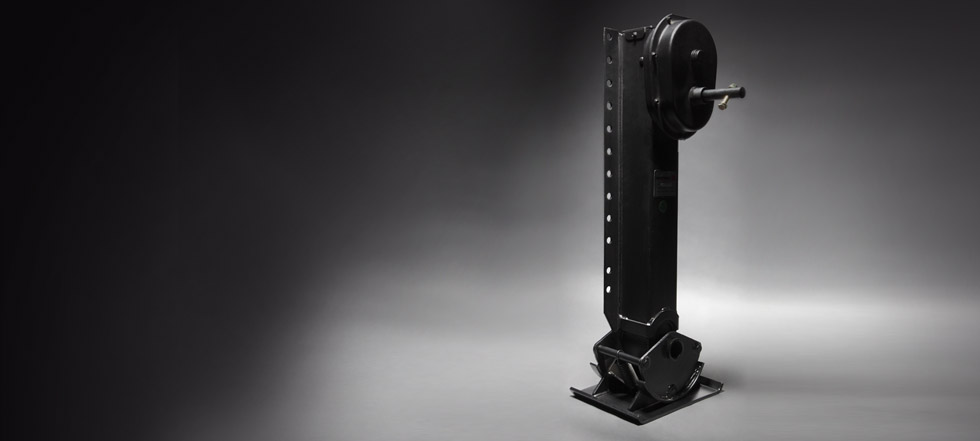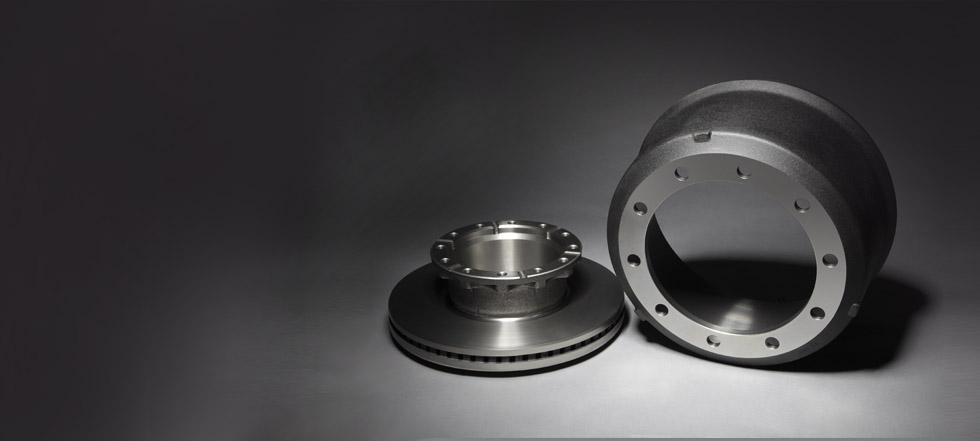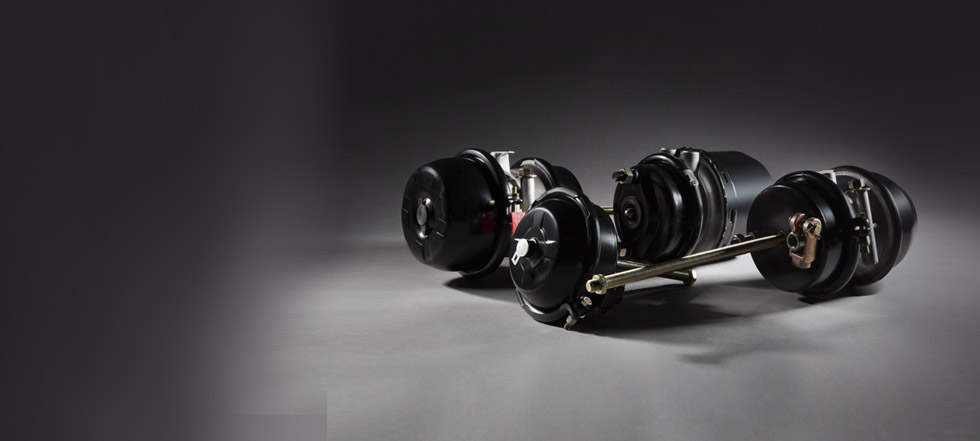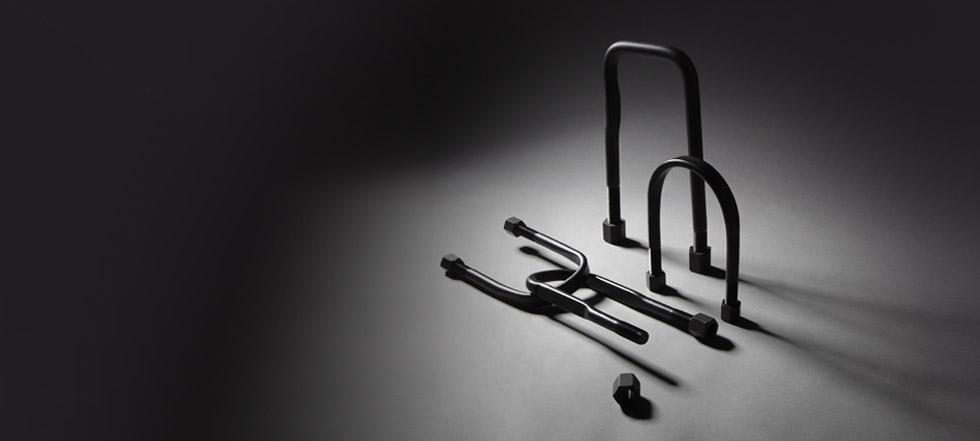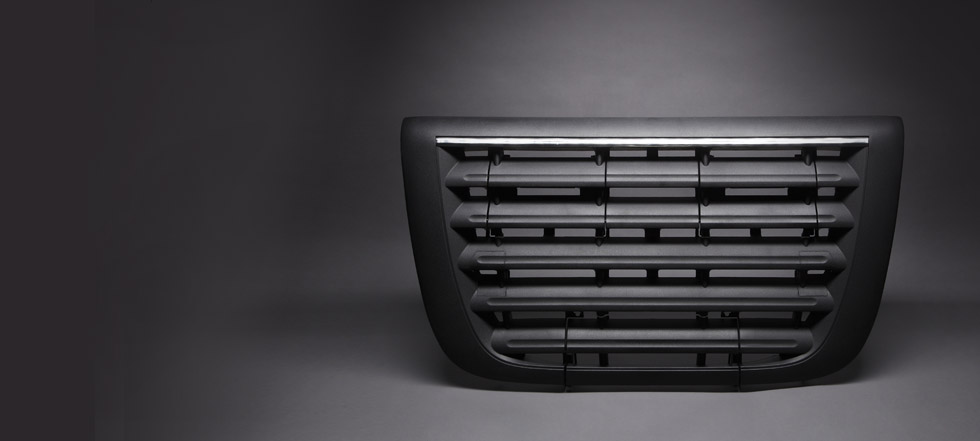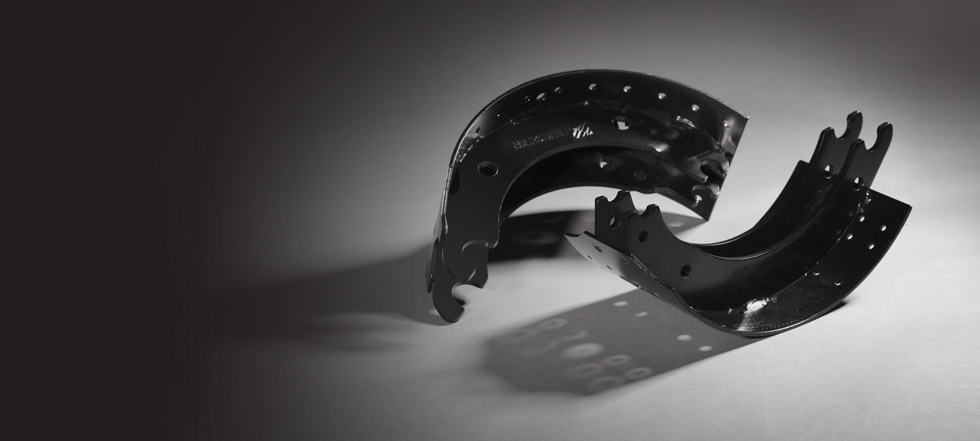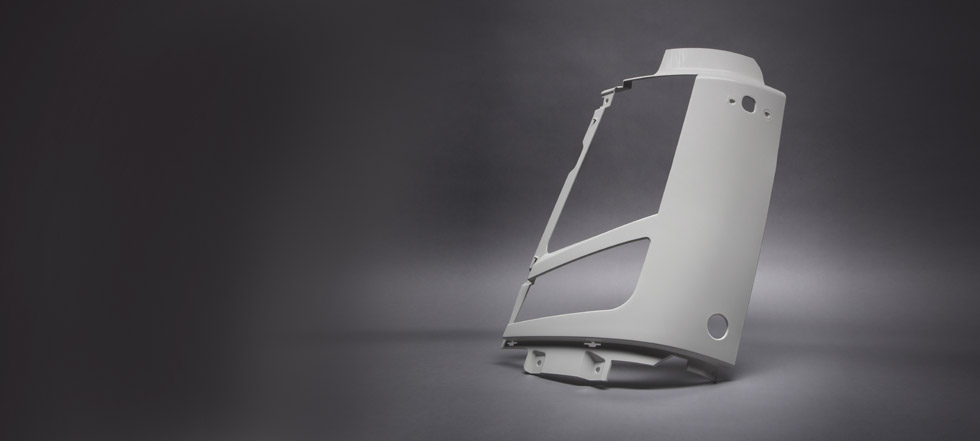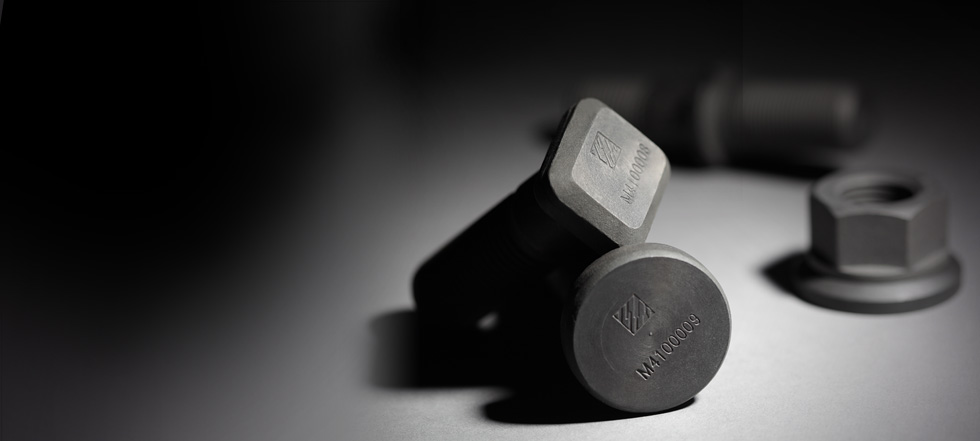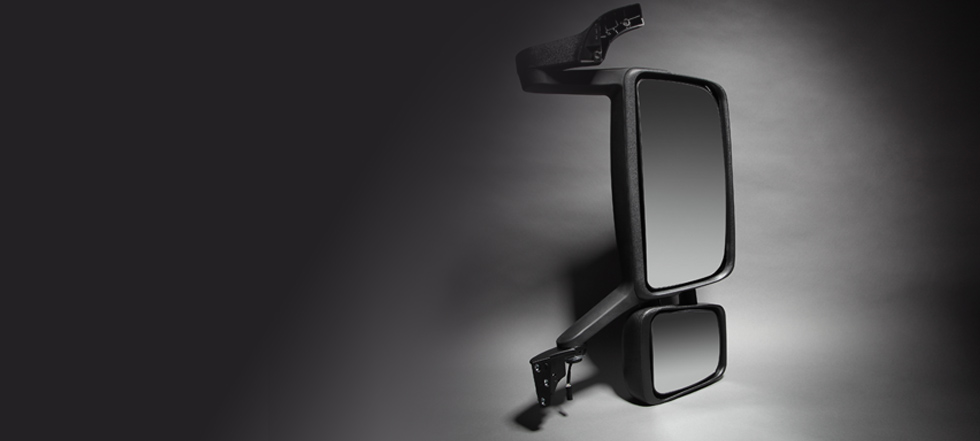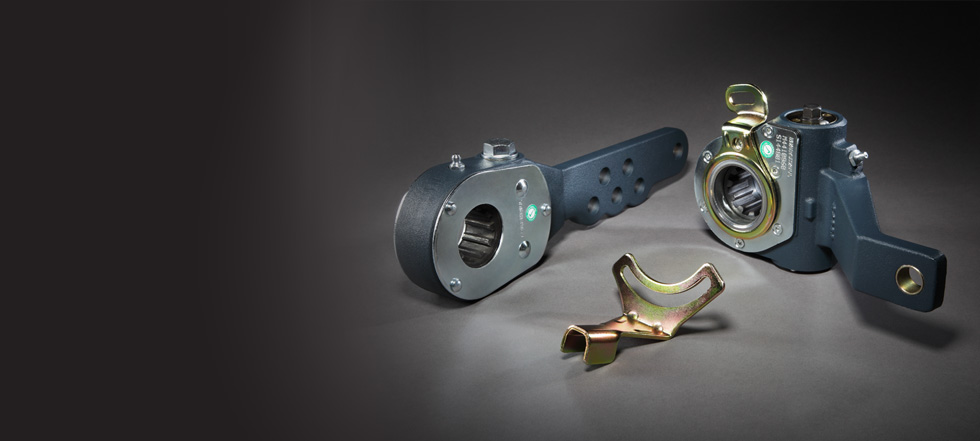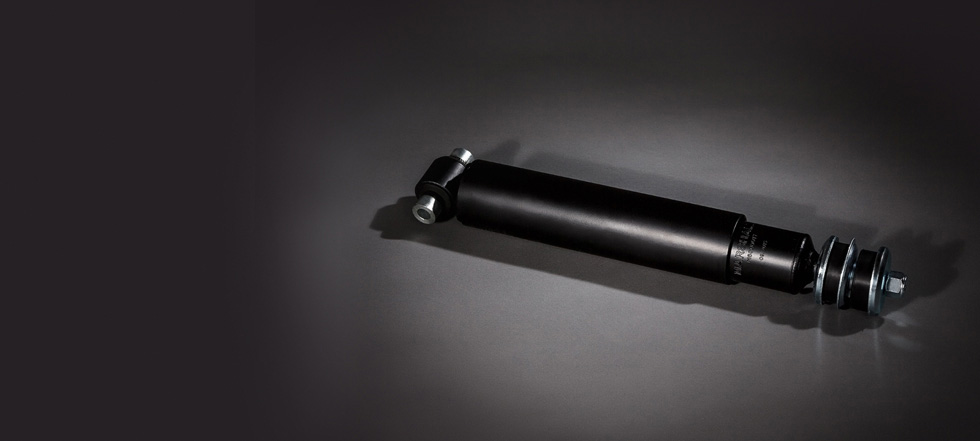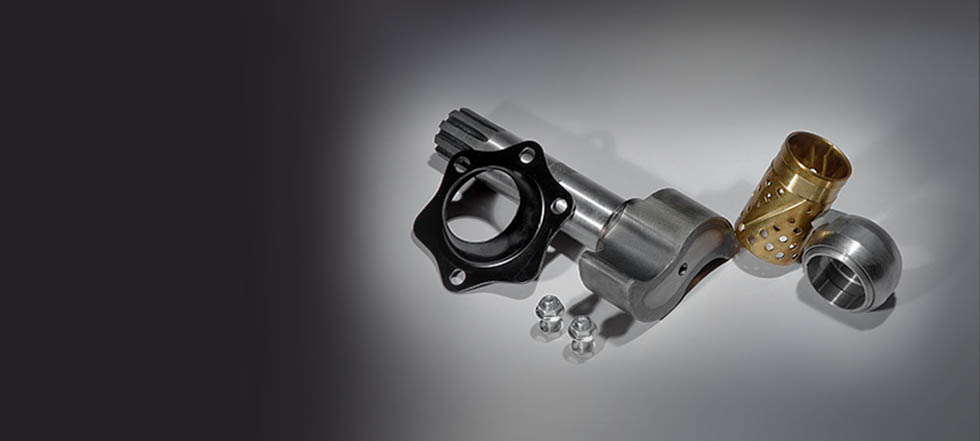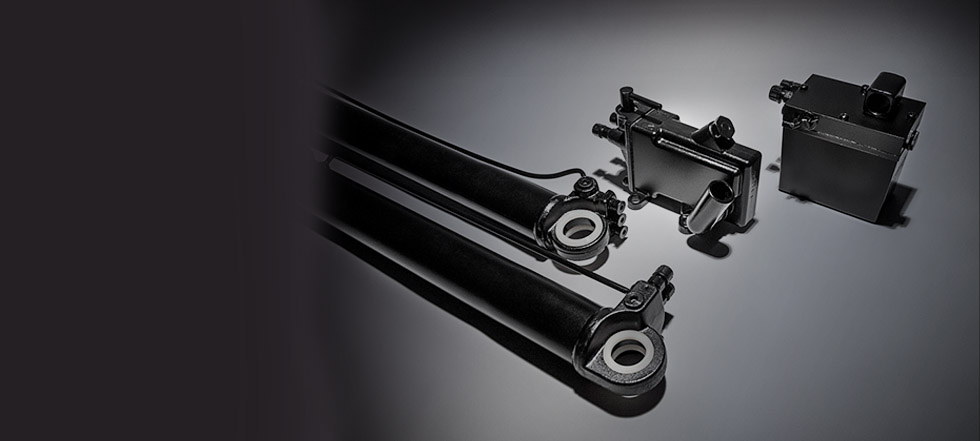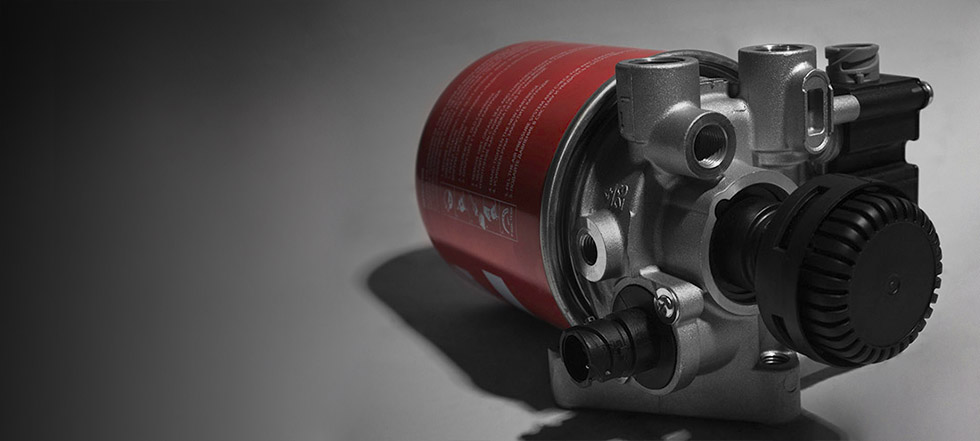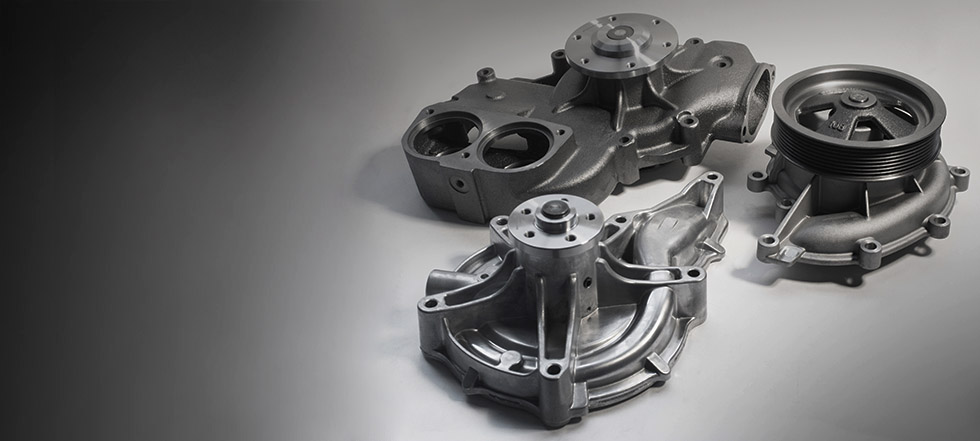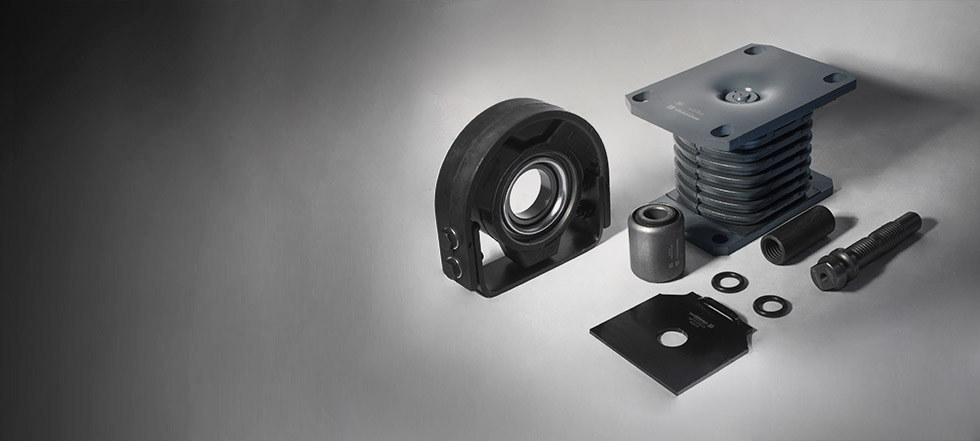- Springs
- Spring U-Bolts
- Drum Brake Shoes
- Brake Drums and Brake Discs
- Landing Gears
- Fifth Wheel Couplings
- Shock absorbers
- Hubs
- Rods and Rod Ends
- Body parts
- Slack adjusters
- Mirrors
- Brake Chambers and Spring Brake Chambers
- Caliper repair kits
- Bolts and Nuts
- Brake Camshafts and Brake Camshaft Repair Kits
- Cab tilt pumps and cylinders
- Air valves
- Water pumps
- Trailer cables and connectors
- Rubber Metal Parts
- Air brake compressors and repair kits
- Drive belt tensioners and rollers
- Fan clutches
- Radiators
- Drive belts
Brake Drums and Brake Discs
MARSHALL is justifiably proud of its drum brakes and brake discs. The manufacturing process is automated by more than 90%, while manual labor mainly consists of operations not related to the primary process. MARSHALL manufacturing facilities include foundry workshop, which enables control of product manufacturing technology from material preparation stage. Products are manufactured using automated lines made by leading companies in the field of foundry and metalworking equipment production, such as Heinrich Wagner Sinto (Germany), Mitsubishi (Japan), Laempe (Germany), DISA (Denmark).
MARSHALL Brake drums and discs benefits are:
Perfect Fit on Vehicles
Automated assembly lines and machining centers completely eliminate a human factor impact on principal dimensions precision.
Thermal Shock Resistance
When braking, parts of the brake assembly may be heated up to 500 degrees Celsus. In case the brake drum or disc are made of low-grade material metal may crack, which will lead to failure of the brake assembly. In order to prevent such incidents, MARSHALL uses EU standard-compliant cast iron. Such cast iron is used to produce brake drums and discs by European manufacturers of freight vehicles and trailer axles.
Absence of Vibrations in the Brake Assembly
Improper brake disc or drum storage and transportation may cause so-called 'out-of-roundness' or working surface bending. This is why MARSHALL controls both manufacturing processes and compliance with drum and disc storage and transportation standards, which allows to preserve the geometrical features of parts.
Even Wear of Shoes and Pads
Chemical composition of metal used in the main brake system component defines its mechanical features, which, in turn, impacts adhesion of the shoe or pad with the brake surface of the part. As it was mentioned earlier, MARSHALL uses cast iron that complies with the German standard GG25, but that's not all. To ensure friction stability of the drums and discs, MARSHALL inspects chemical composition of its entire raw stock for compliance with standard values. That is to say, the wear of brake system friction elements will always match the wear of original elements.
